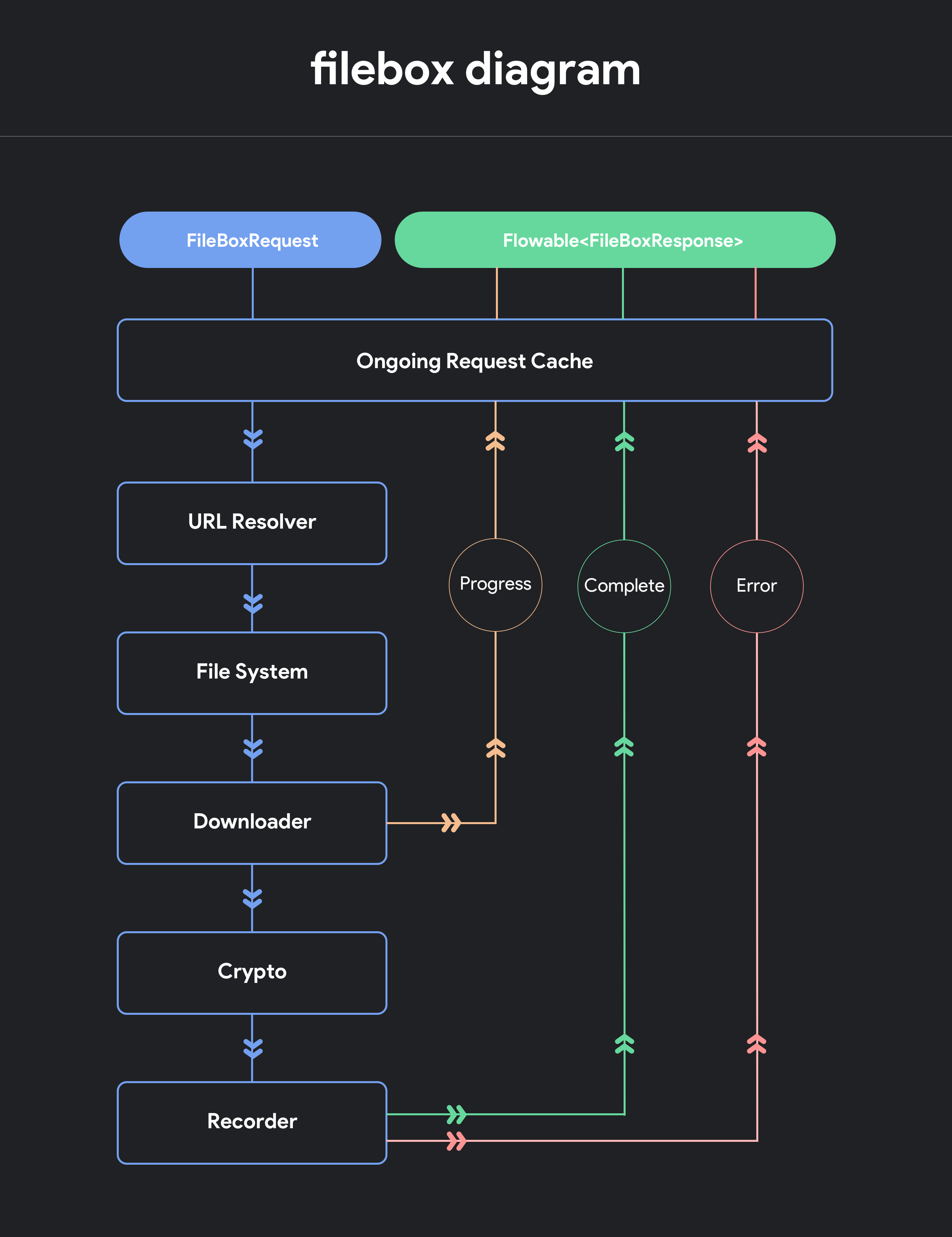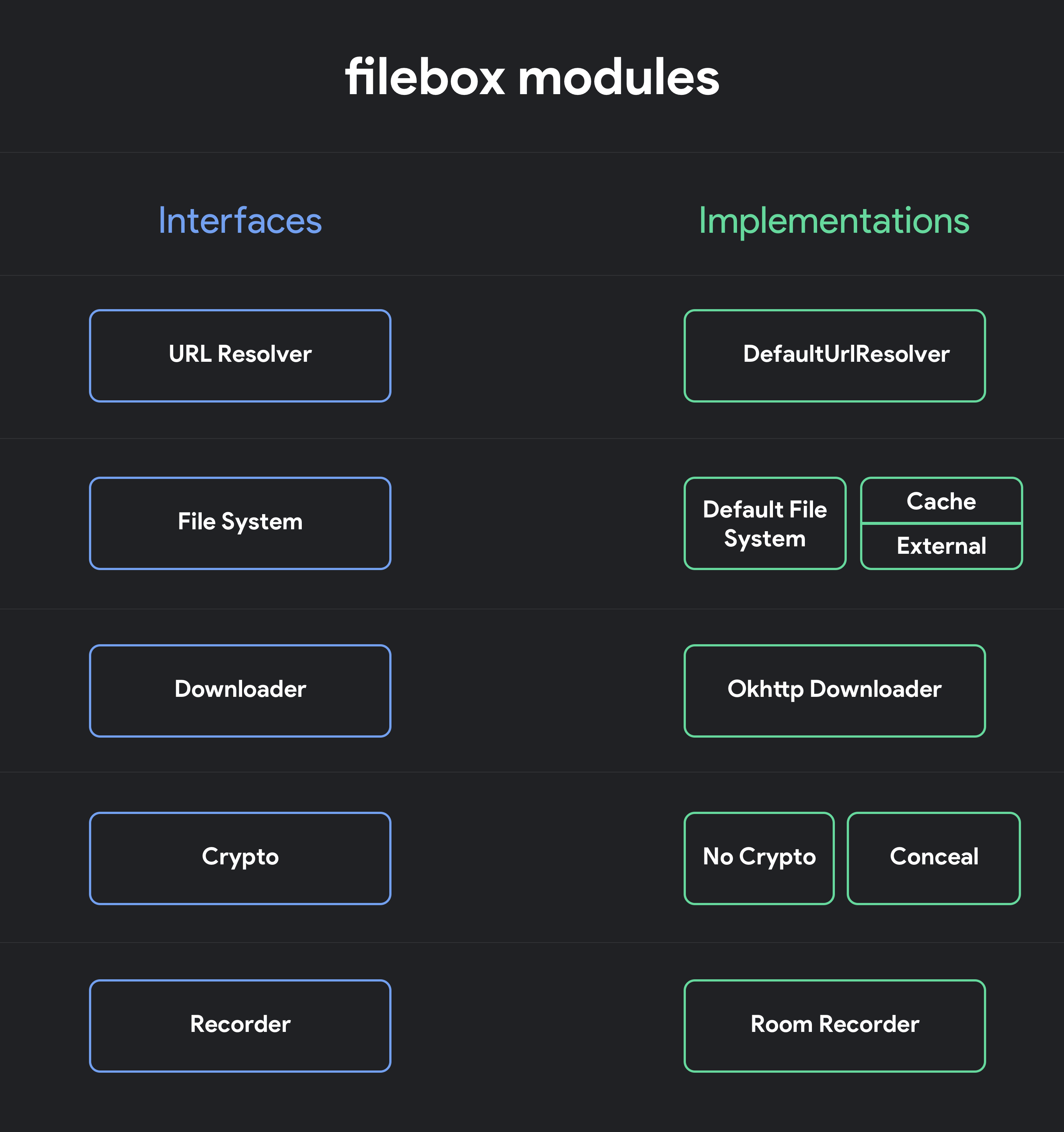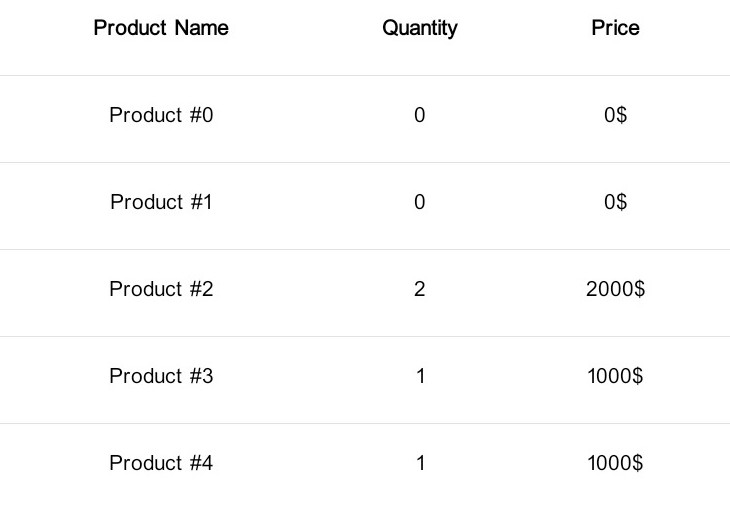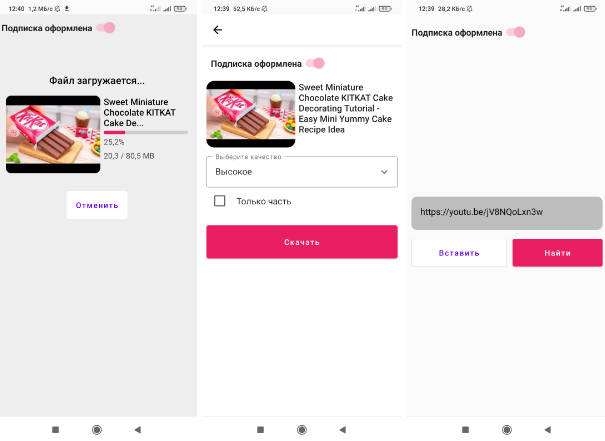FileBox
FileBox is an async file downloader library for Android.
Before we develop filebox, we though that URL content changes very rarely. So basically this library downloads a given URL, and if it is already downloaded, it provides downloaded content directly.
FileBox;
- Shares ongoing download requests to the observers. So It reduces Data Usage.
- Has TTL(Time To Live) duration. Filebox re-download the URL if TTL is expired.
- Supports both Cache and External directory.
- Supports the File Encryption for sensitive URL(images, videos, any file).
- Allows you to create a custom folder destination.
- Clears unreliable data automagically.
- Does Etag Check. Filebox doesn't download the file again If the file's TLL(Time To Live) is up but the file has not changed.
- Supports Multiple Download. If you have N file and want to get notified when all completed.
- Runs on application scope. There is no pause/resume continuation support.
Flow Diagram

Modules

Basic Usage
Customize Config
Multiple Download Request
Destroy
Don't forget to destroy the filebox when your initialized scope is destroyed. If you create a filebox in your application class, It is application scoped. If you create a filebox in your activity class, It is activity scoped. Be aware of your lifecycle.




